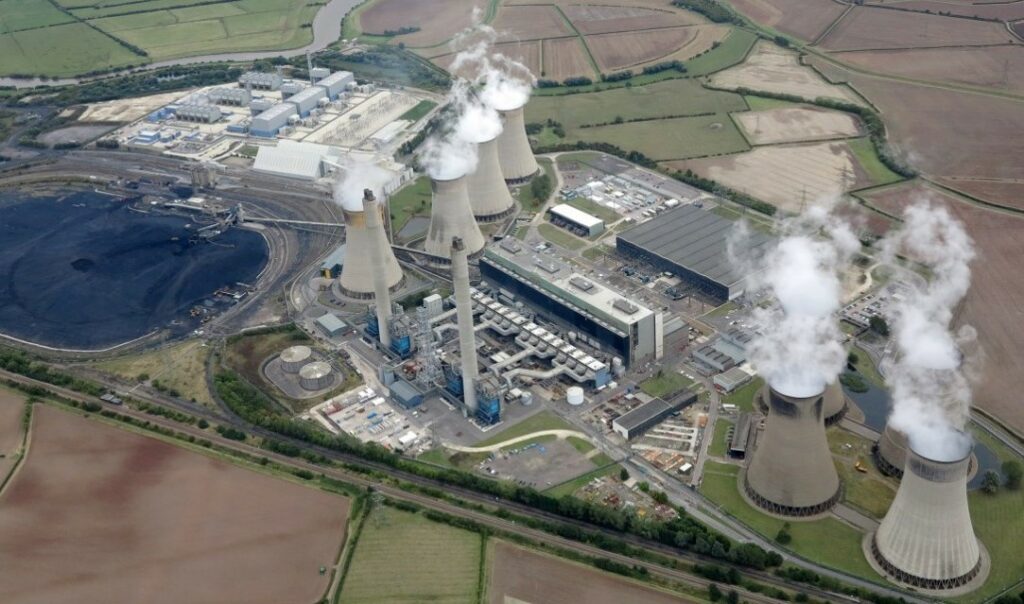EDF has agreed to keep its coal-fired West Burton A power plant running through the upcoming winter amidst the ongoing uncertainty in the energy sector.
It follows the Department of Business, Energy and Industrial Strategy (BEIS) reaching out to Uniper, EDF and Drax in April to request delays in the decommissioning of their coal-fired power plants to provide additional support over winter.
The request comes as energy security continues to be a particular concern following Russia’s invasion of Ukraine. Power prices were already at record highs during the first months of this year due to surging gas prices throughout 2021 but given Russia’s role as the second largest producer of natural gas in the world, there has been further volatility in the market following the February invasion.
Currently, the UK gets just 4% of its gas from Russian imports but given the country’s substantial influence on the international gas market, concern remains around high gas and power prices further pushing up the cost-of-living crisis and impacting the security of the energy system.
As such, EDF has made the decision to keep two 500MW units at West Burton A available over the winter. These were due to close in September when their Capacity Market contracts come to an end, but will now be decommissioned from April 2023.
One of these units will provide 400MW of availability as and when it is needed by the system, while the second unit will be available as back-up. Two additional units at the site are already at the decommissioning phase.
Around 200 EDF staff and contract partners will be required to provide the continued running of West Burton A as part of the new agreement with Grid ESO, Ofgem and other stakeholders.
The company emphasised that the power plant will not be operating on a commercial basis, but is a standby arrangement to support energy security.
“West Burton A and its loyal workforce have played a critical role providing power to the UK since the mid-1960s. In April this year EDF was asked by Government to consider a further extension, to support energy security in light of the ongoing energy crisis,” said EDF’s managing director for the Generation business, Matt Sykes.
“I want to thank employees and all those connected to West Burton A for their flexibility and commitment to helping in what are extraordinary times for the energy sector.”
In May, energy secretary Kwasi Kwarteng also called on National Grid Electricity System Operator to explore options for bolstering energy security ahead of the winter, including utilising more coal.
At the time, he noted that the move to include coal plants in potential security strategies does not signify a change in Britain’s commitment to end coal generation by September 2024 and phase out imports of Russian coal by the end of the year as part of sanctions announced in April.
Over the first six months of 2022, the government has taken a number of steps to bolster energy security in light of the current volatility, including releasing the British Energy Security Strategy and the Energy Bill, which are designed to provide further support for the longer term transition away from imported fossil fuels, to protect the country from international volatility and spur the transition to net zero.





